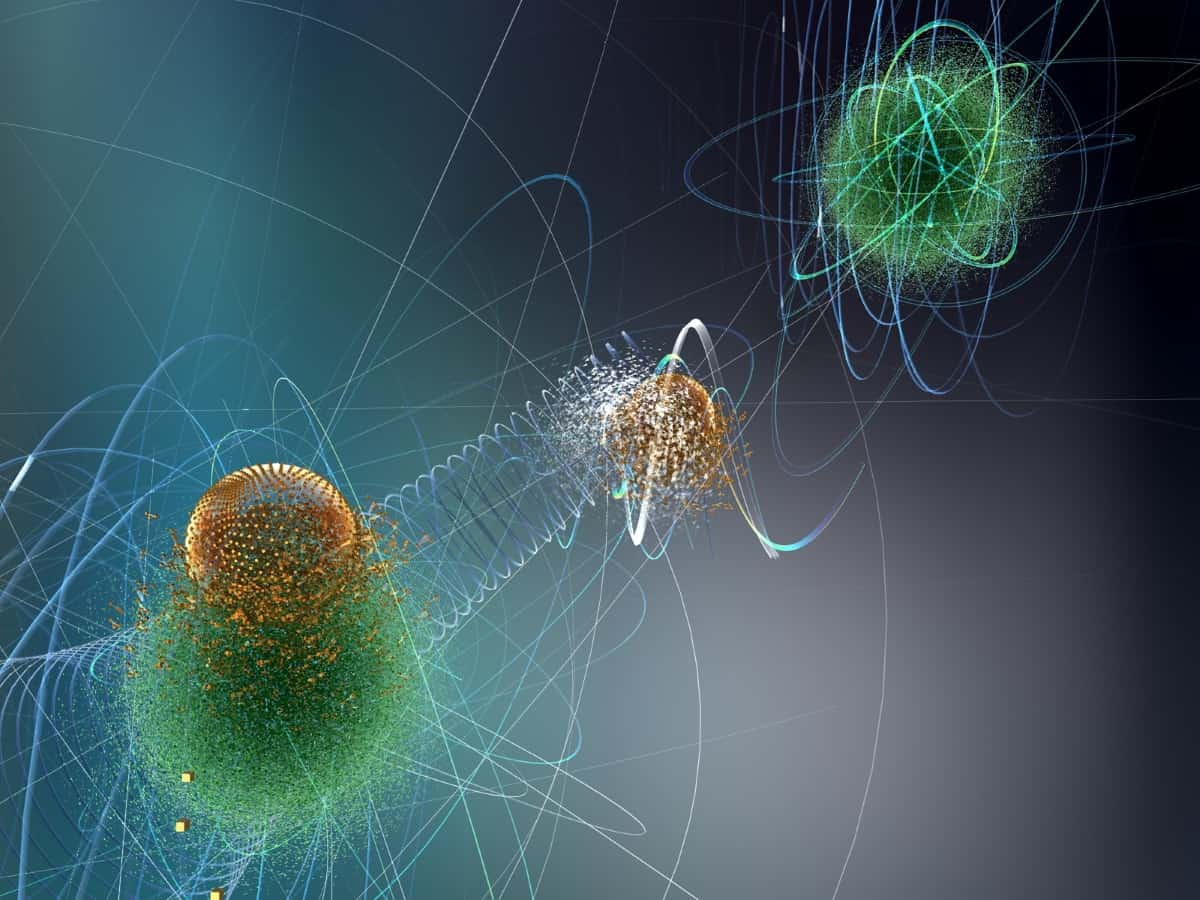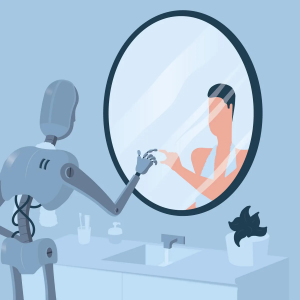From Star Wars to The Matrix, sci-fi is a genre that has offered its audience an escapism into seemingly futuristic and far-off worlds. However, many sci-fi books and movies have made predictions that have actually already come true. The accuracy of some of the predictions about modern day society fuels the hope that the awe-inducing technologies described in science fiction today may someday come true.
For example, way back in 1865, the novel From Earth to the Moon by Jules Verne told a fictional account of America’s landing on the moon, which drew parallels to the real moon landing 104 years after. Not only did both NASA and the book’s characters launch from Florida, but its command module had a similar name to Verne’s rocket – NASA’s was called Columbia while Verne’s spacecraft was named Columbiad (Kotecki, 2019). Moreover, both crews had three men, they both landed in the Pacific Ocean and the dimensions of Apollo 11 and the Columbiad were similar (Fisher, 2021). Amazingly, Verne’s imaginative speculation on the world’s first moon landing came true a century later, and his novel had some precise details that coincided with Apollo 11’s landing.
Another connection between science fiction and technology is earbuds. The iconic 1966 movie Fahrenheit 451 has an eerily accurate depiction of modern-day earbuds. In the film, ‘“seashells” are described as “thimble radios tamped tight, and an electronic ocean of sound, of music and talk coming in, coming in on the shore of her unsleeping mind”’ (Johnson, 2019). During this time in history, large headphones existed, but not “thimble radios” that could fit inside one’s ears and play both “music and talk.” It was not until the 1980s that similar models such as the Sony Walkman were invented, and in the early 2000s, Apple’s iPod headphones were introduced to the market (Engber, 2014). Modern adaptations of the earbuds, such as AirPods, are invaluable to millions of people, and there is no doubt that earbuds will continue to be redesigned and revamped.
Additionally, Star Trek, which originated as a TV series in 1966, featured a Communicator that had a flip-up grid antenna, which was used by Captain Kirk to communicate with his crew long distance. In the 1990s, Motorola released the world’s first flip phone, which was “clearly inspired by the communicator device from the science fiction series” (Shastri, 2021). This innovation prompted the invention of sleeker and smarter phones, such as the beloved iPhone today.
Moreover, the sci-fi novel Brave New World of 1931 by Aldous Huxley included a fictional recreational drug called Soma which increased the user’s happiness. The drug had similar effects to antidepressants, and sure enough “two decades after Brave New World came out, scientists began researching antidepressants” (Kotecki, 2019). Today, antidepressants are widely used to help alleviate symptoms of depression, as scientists have continued to learn more about the connections between the chemicals in the brain and the illness.
There are countless more examples of breakthrough inventions that sci-fi has predicted, such as robots, flying cars, nuclear bombs, and video chatting. So, what is the role that sci-fi plays right now and is there an explanation for its connection with technology? Philip Jordan and his colleagues from the University of Hawaii have investigated this, studying papers dating back to 1982 from the ACM Conference on Human Factors in Computing Systems. They found that researchers used science fiction as an inspiration for the study and design of human-computer interaction. ‘Sci-fi movies, shows or stories do provide an inspiration for the foremost and upcoming human-computer interaction challenges of our time, for example through the discussion of shape-changing interfaces, implantables or digital afterlife ethics…We speculate that the explicit referral of sci-fi in human-computer interaction research represents a fraction of the actual inspiration and impact it has had” (Emerging Technology, 2018). No doubt, science fiction will continue to play an increasingly pivotal role in the development of new and innovative technologies as more technology companies rely on sci-fi books, movies, and shows for original and fresh ideas.





